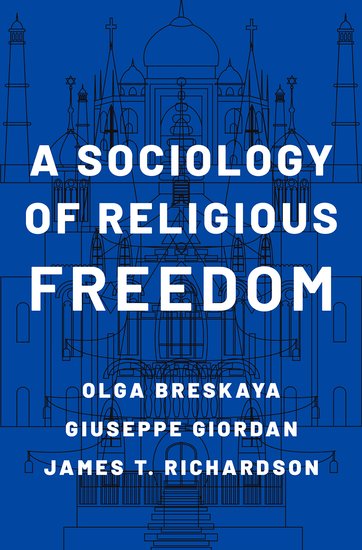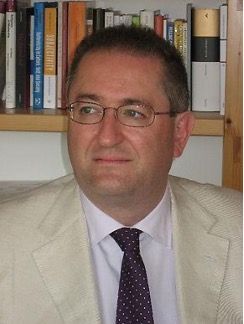
In 2025, the monograph “A Sociology of Religious Freedom” saw the light. In this series, Olga Breskaya, Giuseppe Giordan, and James T. Richardson, who co-authored the book, provide insights from their study. They define religious freedom as a multidimensional concept, located at the intersection of five areas of meaning: (a) the autonomy of individuals and religious groups, (b) the societal value of freedom of and from religion, (c) the normative principles of state-religion governance, (d) international human rights standards, and (e) the socio-legal impacts of the judicialization of religion. The combination of social and legal perspectives enriches both sociologists and lawyers with a better understanding of how religious freedom operates in times of secularization and the pluralization of Western societies.
Giordan’s posts set up the theory of religious freedom and explain the aims of sociological studies of this human right. Borrowing from legal sociology, Richardson’s post focuses on the judicialization of religious freedom and the roles of American and European courts in shaping its scope and limits. Breskaya’s contribution discusses empirical methods of investigating religious freedom.
(more…)



